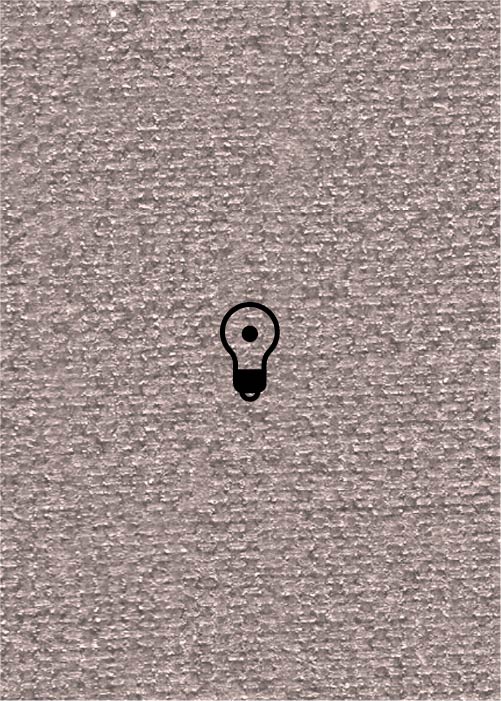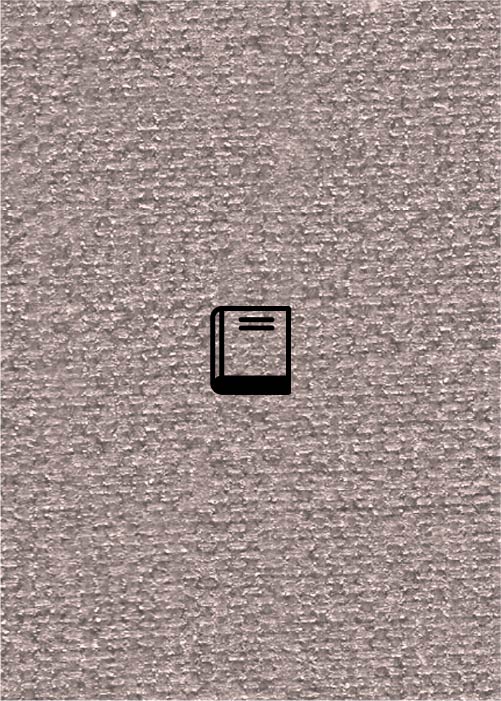(1614 results found)

Ahavo Rabo (LKT)
… klezmer music. Each entry includes a number of citations from primary and secondary sources that include or refer to …

Aksak (LKT)
… klezmer music. Each entry includes a number of citations from primary and secondary sources that include or refer to …

Ange (LKT)
… klezmer music. Each entry includes a number of citations from primary and secondary sources that include or refer to … hangu (Yiddish: honga, ange ), [are] moderate tempo eastern Romanian dance tunes in 4/4 time characterized by 16th-note …

Interview with Walter Feldman
… This book contains a collection of 120 melodies transcribed from recordings by renowned klezmer musicians such as Dave … program notes for each musical piece and interviews with prominent klezmer musician Andy Statman and enthnomusicologist Dr. Walter Zev Feldman . (Taken from the Mel Bay website). … 6 … 174-183 … Pacific, Missouri. …

Honga (LKT)
… klezmer music. Each entry includes a number of citations from primary and secondary sources that include or refers to … hangu (Yiddish: honga, ange ), [are] moderate tempo eastern Romanian dance tunes in 4/4 time characterized by 16th-note …

Dobranotsh (LKT)
… klezmer music. Each entry includes a number of citations from primary and secondary sources that include or refer to … the young couples the ‘dobra notsh’ ( ‘a gute nakht’ ), from the beginning of the melody, the badkhn used to shout in … the day following the wedding, is called the Rumpel (from a German word meaning tumult) and is marked by specific …

Zay gezunt (LKT)
… klezmer music. Each entry includes a number of citations from primary and secondary sources that include or refers to … It’s played as a zajt gezunt (good-night piece). From this we can infer that the song was a parting song of the child from the parents after the wedding. S. Aynhorn also remarks …

Dobridzien (LKT)
… klezmer music. Each entry includes a number of citations from primary and secondary sources that include or refer to … in Antopolye and in the shtetls nearby. Dobridzien comes from the two Polish words dobry and dzien -- Good day, … all is well and good. The custom of eating cheese stems from the Middle Ages, when people used to give the wedding …

Frimorgns (LKT)
… klezmer music. Each entry includes a number of citations from primary and secondary sources that include or refer to …

Arabish (LKT)
… klezmer music. Each entry includes a number of citations from primary and secondary sources that include or refer to …


